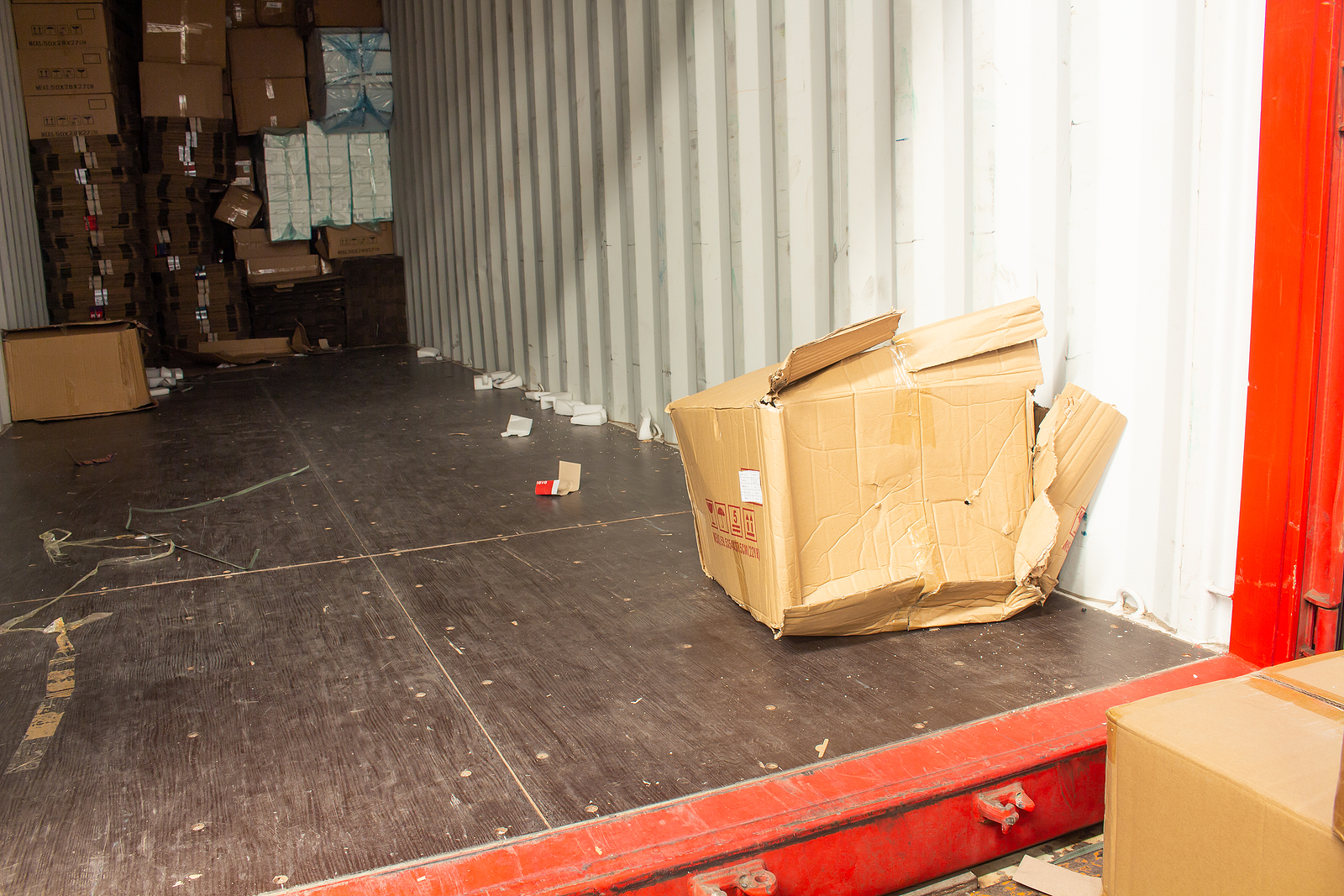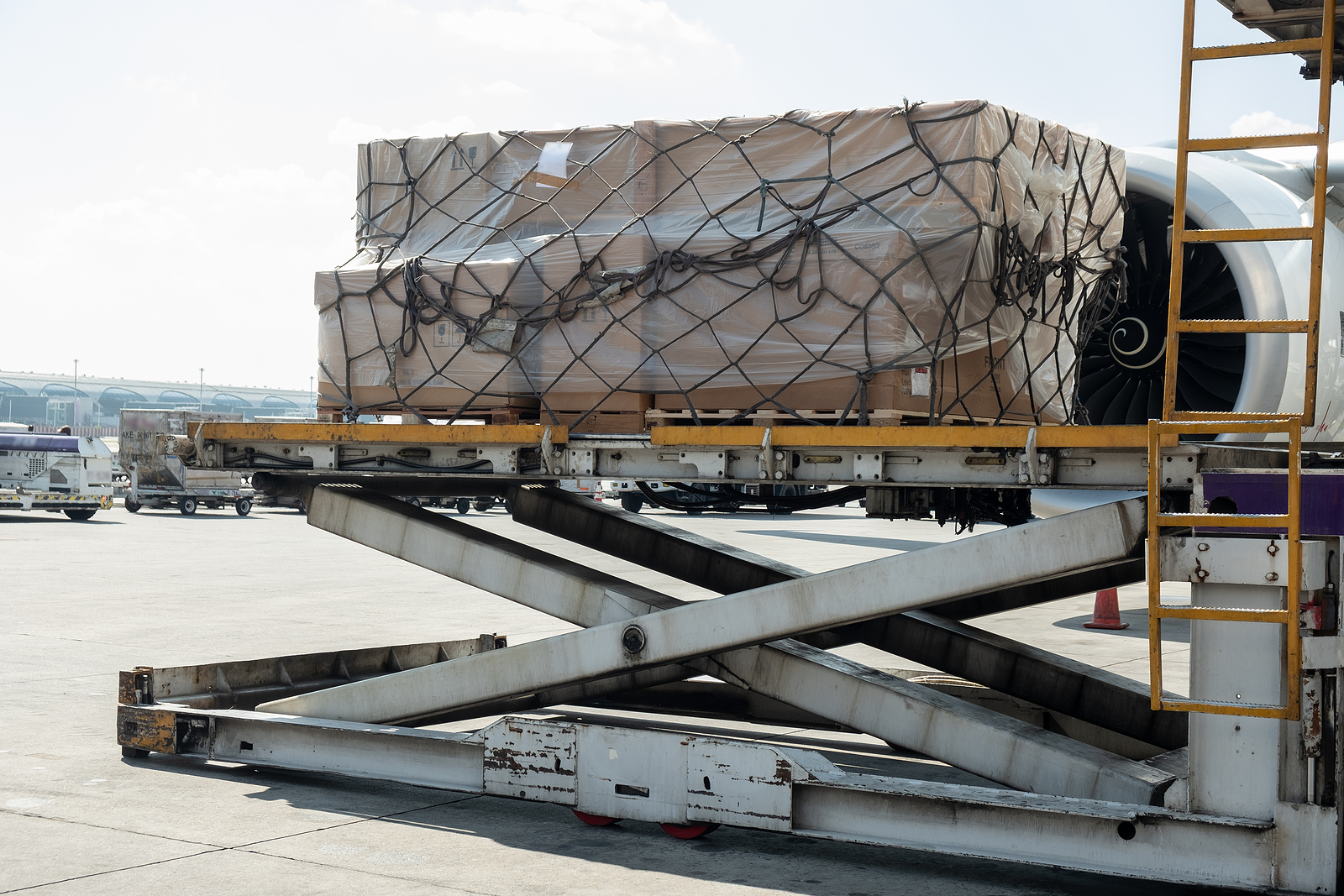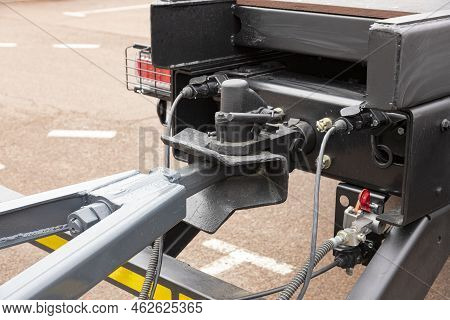News & Articles
Dedicated to serving the interests of the shipping community
Articles & News
What is De Minimis and Why Should You Care
by Marianne Rowden, CEO E-Merchants Trade Council
If you are a manufacturer, distributor or in the logistics business, you need to know about de minimis shipments and how they are reshaping cross-border trade patterns.
What is de minimis?
De minimis is a provision under U.S. customs law that allows the importation of low value shipments duty-free with simplified process (e.g., using the manifest data) where the article has:
- an aggregate fair retail value in the country of shipment
- imported by one person on one day
- where the value does not exceed $800
What happened to Section 7?
By George Carl Pezold
The Uniform Straight Bill of Lading was first prescribed for the railroads by the Interstate Commerce Commission in 1919 and the form and the terms and conditions on the reverse side were published by the Association of American Railroads in the Uniform Freight Classification. Use of that bill of lading was mandated and no changes could be made without the express authorization of the ICC.
How to File a Freight Claim for Loss or Damage
A claim against a motor carrier is a legal demand for the payment of money arising from the breach of the “contract of carriage”. Unless you have a formal transportation agreement, that contract will be the bill of lading, which probably will be some form of the “Uniform Straight Bill of Lading”.
Suggested Procedures: Shipper Load & Count, Shipper Seals
By: George Carl Pezold
We receive a lot of questions involving shipper’s seals. Here are some recommendations and procedures for typical sealed “Shipper Load & Count” shipments (where driver is unable or not permitted to observe count and condition of the product).

DELAY CLAIMS
By: George Carl Pezold
We often get questions about delay claims and whether damages can be recovered. The simple answer is “Sometimes” but it depends on the individual facts and circumstances in each case.
A carrier is required by law to deliver with “reasonable dispatch”. There is no question that delay can cause actual damage, and if so, such damage may be recoverable. As the Supreme Court said in New York, P. & N. R. Co. v. Peninsula Produce Exch. of Maryland, 240 U.S. 34 (1916):

CONCEALED DAMAGE AND SHORTAGE CLAIMS
The Basics
Concealed Damage or Shortage is defined as damage or shortage that is not discovered (or could not be discovered) until after the carrier has completed delivery of the goods. It can occur in three ways: (1) the goods were already damaged or were not loaded on the truck at origin; (2) there was damage, theft, pilferage, etc. while the goods were in the possession or control of the carrier, or (3) the loss, damage or shortage occurred after the carrier had completed delivered of the goods to the consignee.

By Air Or By Ground – Does It Matter?
Federal Express recently announced that its FedEx Express unit, which handles time-definite shipments typically moving by air, will contract with its FedEx Ground unit to deliver residential parcels as long as they meet specific operating criteria.
Click here to read entire article.

ARE CLAIMS AGAINST BROKERS PREEMPTED BY FEDERAL LAW?
A recent trend that merits scrutiny by transportation claims professionals and the legal bar is the purported preemption of certain claims against brokers who arrange interstate motor carriage of goods.
Some courts have essentially established a de facto state of immunity for property brokers who fail to exercise due care in the manner in which they transact business, whether it be by hiring unqualified or unsafe carriers, or carriers which do not maintain adequate insurance for the specific cargo to which they are dispatched, or who otherwise violate their common law duties to their customers and the public.
Click to read entire article

How to Hire a Trucking Company (or a Broker)
Trucking companies come in all sorts and sizes from little one-truck companies to giants like UPS and FedEx. There are an estimated 790,000 companies that operate commercial motor vehicles, including private fleet and “exempt” carriers, which are registered with the Federal Motor Carrier Safety Administration (“FMCSA”), of which about 240,000 are active interstate “for hire” carriers that serve the general public. There are also about 20,000 licensed freight brokers – intermediaries that arrange for motor carrier services on behalf of shippers and receivers of freight.

CARGO LIABILITY OF MEXICAN MOTOR CARRIERS
by George Carl Pezold
Many U.S. companies are doing business in Mexico and questions frequently arise about the liability of Mexican motor carriers for cargo loss or damage.
Motor transportation services in Mexico are regulated by the Law of Roads, Bridges and Federal Motor Transportation (“Ley de Caminos, Puentes y Autotransporte Federal”). This law, which was enacted 1993, deregulated the industry allowing more competition and freedom for shippers and carriers to contract under their own terms.
Article 66 of this Law provides that: “…When the user of the service does not declare the value of the goods, liability will be limited to an amount equivalent to 15 days of the minimum daily wage than current in the Federal District per ton, or the corresponding proportionate part of a metric ton that is damaged or lost…” At the current U.S. Dollar/Mexican Peso exchange rates, this amount is the equivalent of about USD $0.07 per pound. Obviously, shippers should be concerned about such a low liability limitation in the event of damage, theft, pilferage or hijacking of trucks carrying their goods.
Under the Law of Roads, Bridges and Federal Motor Transportation, if the shipper chooses to declare the value of the goods, it must agree to pay an additional charge so that the carrier may secure insurance coverage for the goods. If the shipper exercises the option to declare the value of the goods (and pays the higher rate), the carrier will be liable for the loss or damage up to the value declared, even when the cause is due to force majeure or fortuitous cause. Article 67 establishes the value declaration requirement, but it does not specify where or how the declaration needs to be made. Although some carriers take the position that the value of goods must be declared on the bill of lading itself, a blanket declaration of value in a contract between the parties is sufficient to hold a carrier liable for the higher amount. Thus, one suggestion is to negotiate a transportation agreement with the Mexican carrier that provides either for full liability or a more acceptable limitation related to the value of the goods, such as $25 per pound or $100,000 per trailer or container.
Another alternative is for the shipper to obtain its own inland marine (cargo) insurance. Most U.S. policies do not cover transit loss or damage in Mexico, but it is possible to obtain an endorsement for this coverage.

Dropped Trailers” and Liability for Shortage or Damage at Destination
Many large retailers and distributors control their inbound freight. They arrange for transportation, have contracts with the carriers, pay the freight charges, and require their vendors to use only their designated carriers. And often they have “drop trailer” agreements with their carriers.
Fines for Late Deliveries or Missed Appointments
Connect With Us!
TLC's 52nd Annual Conference
March 15-18, 2026
Franklin Marriott Cool Springs
Franklin, TN


